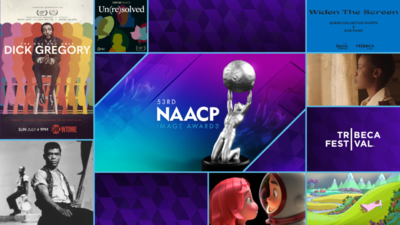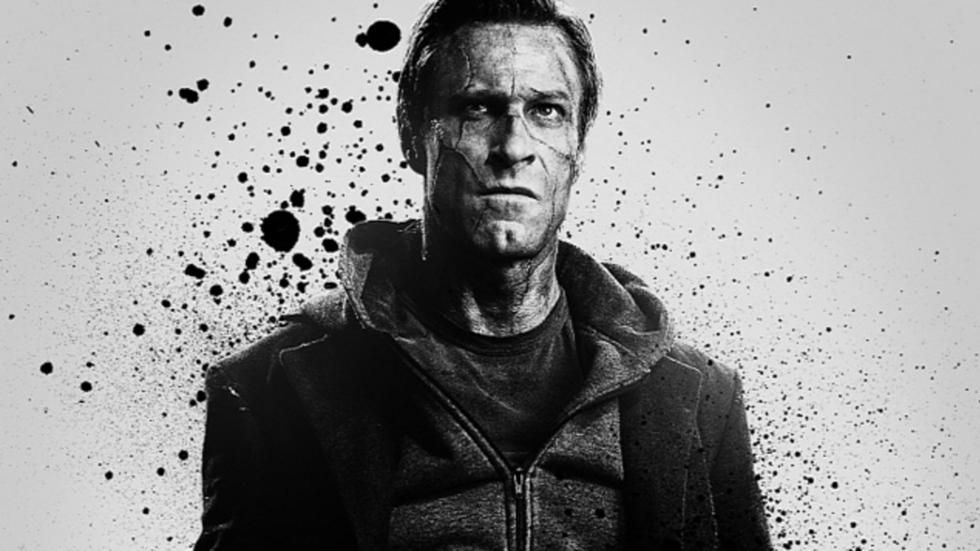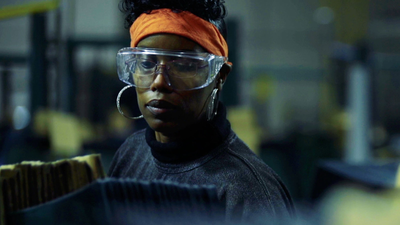
BY ARTHUR RYEL-LINDSEY |
'I, Frankenstein' and 6 Other Literary Characters Turned Into Action Stars
What's the deal with Hollywood feeling the need to turn every beloved character from literature (and history) into a superpower-wielding action hero? We investigate.

Earlier this month, Lionsgate capitalized on the Halloween season’s interest in all things malformed by unveiling the first trailer for Stuart Beattie’s I, Frankenstein. The comic book adaptation, slated for a January release, follows in the grand movieland tradition of James Whale and Hammer Films only insofar as it allows the monster to adopt the name of its maker. Otherwise, Beattie embraces a more recent breed of monster movie, one that shoehorns great literary figures into action roles. With Halloween around the corner, here’s a look at the most marvelous acts of literary contortion done in the service of big-screen thrills and gothic chills, from least to most painful.

Sherlock Holmes (2009) & Sherlock Holmes: A Game of Shadows (2011): Guy Ritchie took the vices of Arthur Conan Doyle’s amateur crime-solver and turned them all to eleven for his reboots of the Holmes storyline. Sure, the world’s only consulting detective suddenly becomes a master brawler in the process, facing monsters in the form of giant Frenchmen and world-conquering criminal masterminds eager for the next blue steel competition. Yet the overall goal to introduce a more modern, adventure-hungry Holmes gained traction with audiences. Baker Street’s most famous resident has since been pulled into the modern day with the BBC’s Sherlock and CBS’s Elementary.

Sleepy Hollow (1999): Tim Burton cribbed a few notes from Washington Irving’s original short story, but ultimately, he gives the Connecticut schoolmaster angling to marry rich a fresh new lease on life. Now an enlightened New York City detective, Crane must prove the validity of his new-fangled methods while battling an undeniably real Headless Horseman. Johnny Depp’s winning performance and the supreme joy of Christopher Walken as the growling Hessian ghost make this an easy Halloween choice. Just, for kids seeking a shortcut on their seasonal book report, don’t skip the source material.

Hansel & Gretel: Witch Hunters (2013): To give writer/director Tommy Wirkola his due, this reinvention of the famous Grimm siblings covers the original story within its prologue. Place checkmarks beside “forest,” “gingerbread house,” “witch,” “oven,” “incineration.” Giving the latter-day, bounty hunting Hansel the fatal flaw of diabetes because of that ordeal is a bit harder to swallow, as is the film’s gleeful mowing down of an alarming number of women in an arms-fueled action story that never quite reaches the level of camp.

Abraham Lincoln, Vampire Hunter (2012): Wait, that’s a real historical figure, you say. Admittedly it would have been easier to include Elizabeth Bennet here had Timur Bekmambetov shot a different Seth Grahame-Smith mash-up novel. Yet ALVH undoubtedly plays upon the legend of Lincoln more than the pesky historical accuracies of the sixteenth president’s life. The result is a historio-monster movie that never fully commits to the joke and cringe-inducingly reduces the Civil War to a personal tiff between Honest Abe and the Louisiana vampire king Adam. With malice toward none of the living, charity for anyone with a pulse.

Van Helsing (2004): Speaking of vampire hunters, Bram Stoker’s doctor-turned-vampire hobbyist Van Helsing received a promotion in Stephen Sommers’s homage to the multi-monster movies of the 1940s. Here a weapons toting Vatican agent, Van Helsing faces not only Dracula, but also Mr. Hyde, werewolves, Frankenstein’s monster, conspicuously naked vampire brides, and Kate Beckinsale’s buxom if linguistically inconsistent Transylvanian heroine. As if that was not enough, angels and the Devil are eventually grafted onto the storyline, making a convoluted CGI nightmare for only the most committed monster movie fans.

The League of Extraordinary Gentlemen (2003): No film goes farther out of its way to imbue literary standouts with powers beyond their original roles than Stephen Norrington’s Sean Connery vehicle The League of Extraordinary Gentlemen. Really, take your pick. Mark Twain’s Tom Sawyer goes from young runaway to unparalleled crack shot. Dorian Gray is an immortal, despite his memorable death at the end of Oscar Wilde’s novel. H.G. Wells’s Invisible Man drops from genius inventor to cockney cat burglar. Stoker’s Mina Harker is now the vampire, and Dr. Jekyll’s alter ego can do a convincing Hulk impression. That only those last three appeared in the original comic book series caused some controversy, but really, it was the confluence that created such unwatchable turmoil, not the individual streams.

